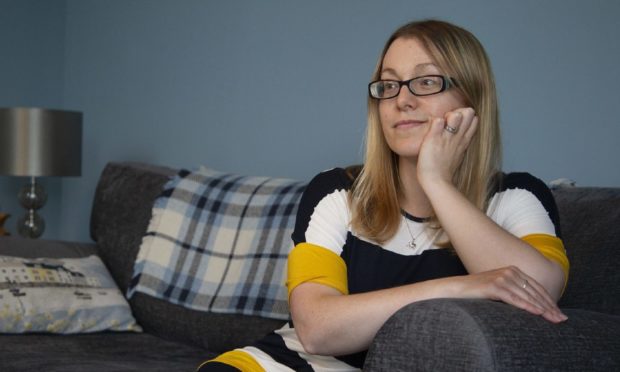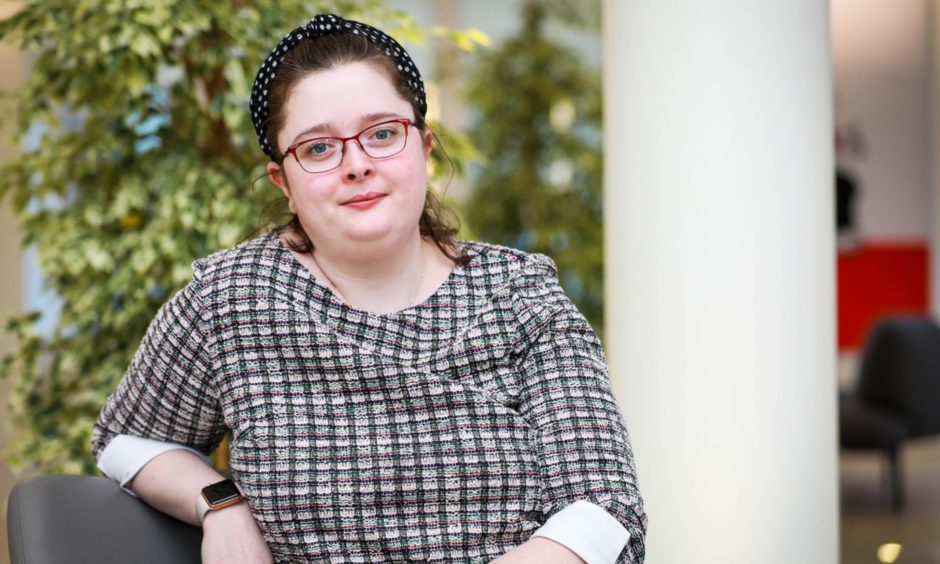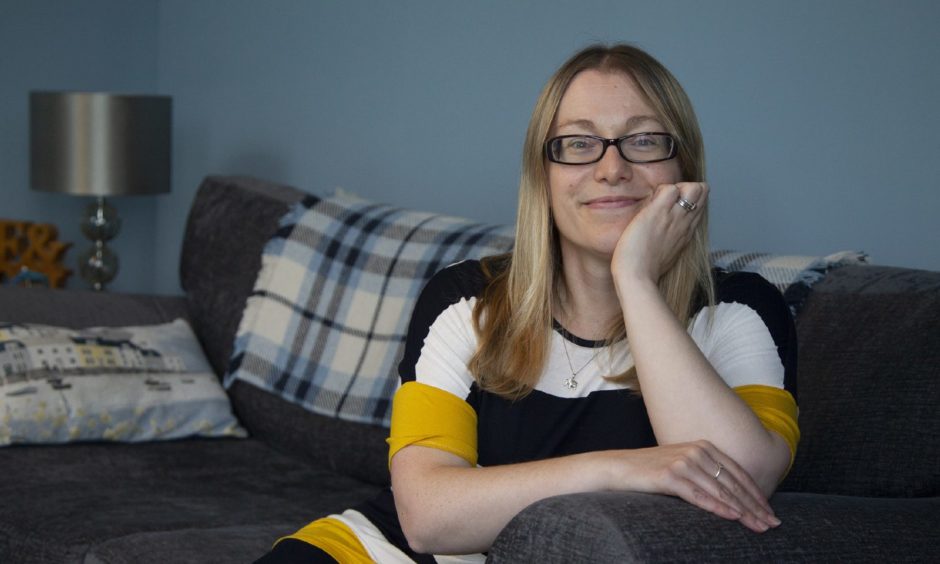Women with endometriosis suffer for an average of eight years before they receive an official diagnosis.
Endometriosis UK is calling on governments across the UK to make a commitment to reduce the diagnosis time for the condition with a target of an average of four years or less by 2025, and a year or less by 2030.
The charity released new figures to mark the start of Endometriosis Awareness Month on Monday, which reveal that 62% of women aged 16-54 put off going to a doctor with symptoms of the condition, rising to 80% for those aged 16 to 24.
Reasons for this include that sufferers do not think their symptoms are serious enough to bother a doctor with, they would be embarrassed, they do not think they would be taken seriously, or they think symptoms including painful periods are normal.
A total of 42% of women aged 16-54 would be concerned about telling their employer they needed to take time off sick due to endometriosis, rising to 57% for 16 to 34-year-olds.
The long-term condition, which affects 1.5 million women across the UK, sees tissue similar to the lining of the womb start to grow in other places, such as the ovaries and fallopian tubes.
‘Waiting too long’
Emma Adam, who lives in Bridge of Don, Aberdeen, is one of the women who shared her personal battle living with endometriosis as part of our series on the condition.
She said sufferers are “waiting too long” to receive an endometriosis diagnosis and supports governments setting targets to reduce diagnosis times.
The 29-year-old, who has been receiving chemical menopause injections over the last year to alleviate her symptoms, said: “I suffered all my teenage years and didn’t get diagnosed until I was 19.
“The statistic, 62% of women would be put off going to a doctor with symptoms of endometriosis, is heartbreaking but sadly it doesn’t shock me.
“When I was in my teens, I was always made to feel that my painful periods were normal; I remember my mum asking the doctor about them and it being dismissed.
“My current GP looked at my notes from back then and told me that it should have been spotted when I was, at the latest, 16 as the symptoms I went with were textbook signs of endometriosis, but they were dismissed because of my age and put down to period pain and IBS.
“And that wasn’t the first time as a teenager my doctor had been asked about my periods.”
‘This isn’t something that should be kept in the dark’
Ms Adam said including compulsory menstrual wellbeing in the school curriculum will “go a long way” as “knowing what is right or wrong will enable young women to have better conversations”.
She added: “The more we talk about endometriosis, periods, and menstrual wellbeing, the more normal it will become.
“It’s happening to at least half the population for almost half their lives, this isn’t something that should be kept in the dark and shrouded in secrecy.”
Vicky Chapman, from Arbroath, had never even heard of endometriosis before she was eventually diagnosed aged 29, after first getting her periods aged 11.
The 32-year-old said: “Despite me going to the doctor when I was younger, I hadn’t heard the word endometriosis until I was diagnosed.
“I was just told it was normal, what I was going through.
“It comes down to the education aspect; that is getting better.”
A Westminster inquiry into endometriosis, which surveyed 10,000 sufferers, revealed last year that there had been no improvement in diagnosis times in a decade – taking eight years on average.
Ms Chapman, who set up the Endometriosis UK Dundee Support Group in January 2019, said she welcomes the fact research into the condition is currently under way in the UK.
She said: “The last All-Party Parliamentary Group (APPG) on endometriosis report came out and said there hadn’t been any change to diagnosis times in a decade so this recommended reduction is a target and hopefully with the research, we will be getting some way towards that, if not hitting it.”
Endometriosis UK said it is vital that governments, society, the NHS and workplaces recognise the symptoms and impact endometriosis can have and afford those with the condition the support and access to treatment they need to manage their symptoms.
Myths around Endometriosis
Emma Cox, CEO of Endometriosis UK, said: “Myths such as ‘chronic pain is normal’ or ‘you must have a low pain threshold’ manifesting in society, workplaces, schools and even healthcare settings contribute to those experiencing symptoms being put off from seeking medical advice and contribute to diagnosis taking on average a shocking eight years.
“The impact of delayed diagnosis on people’s physical and mental health can’t be overstated.
“If undiagnosed, the disease may progress, and negatively impact people’s careers, education, relationships and all aspects of their life.”
The charity has called for a commitment from all four nations to include compulsory menstrual wellbeing in the school curriculum so that young people recognise the warning signs of menstrual health conditions and know when to seek help.
This is compulsory in schools in England from 2020, but is not UK wide.
They would also like to see employers recognise the impact of the condition in the workplace and give their colleagues the support they need to manage their symptoms, as they would any other chronic situation.
‘Committed to reducing diagnosis times’
A Scottish Government spokesman said living with endometriosis is “incredibly difficult and any delays to treatment can be distressing”.
The Programme for Government includes a commitment to develop a Women’s Health Plan to tackle women’s health inequalities, including endometriosis.
The spokesman added: “We are determined to improve services for all those affected.
“Action to better support women and improve diagnosis are being progressed in collaboration with Endometriosis UK and are informed by a lived experience advisory group.
We are committed to reducing diagnosis times.”
Scottish Government spokesman
“We are also developing pelvic pain pathways which will benefit endometriosis care and treatment. This will support the implementation of the NICE guideline on endometriosis.
“Menstrual health, including endometriosis, is included in the Scottish curriculum and we’ve made resources available online for young people, teachers, parents and carers that are tailored to different age groups.
“We are committed to reducing diagnosis times and have invested £25,000 in 2020-21 in work being led by Endometriosis UK that will inform how this can be achieved including timeframes and targets.”


